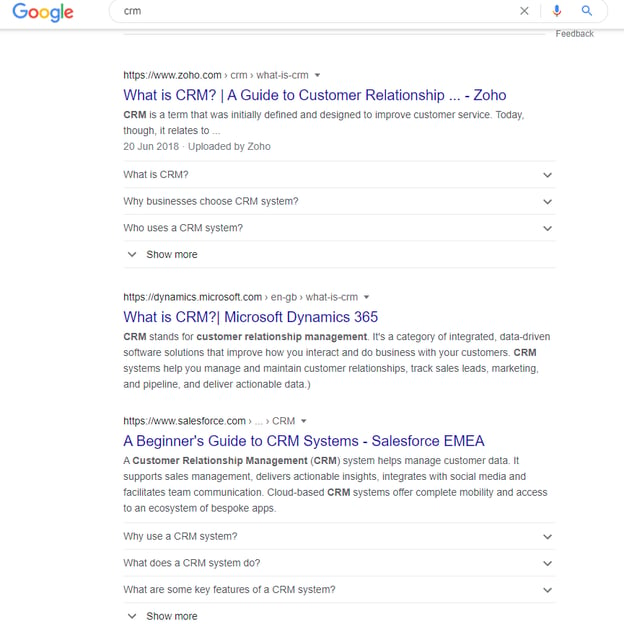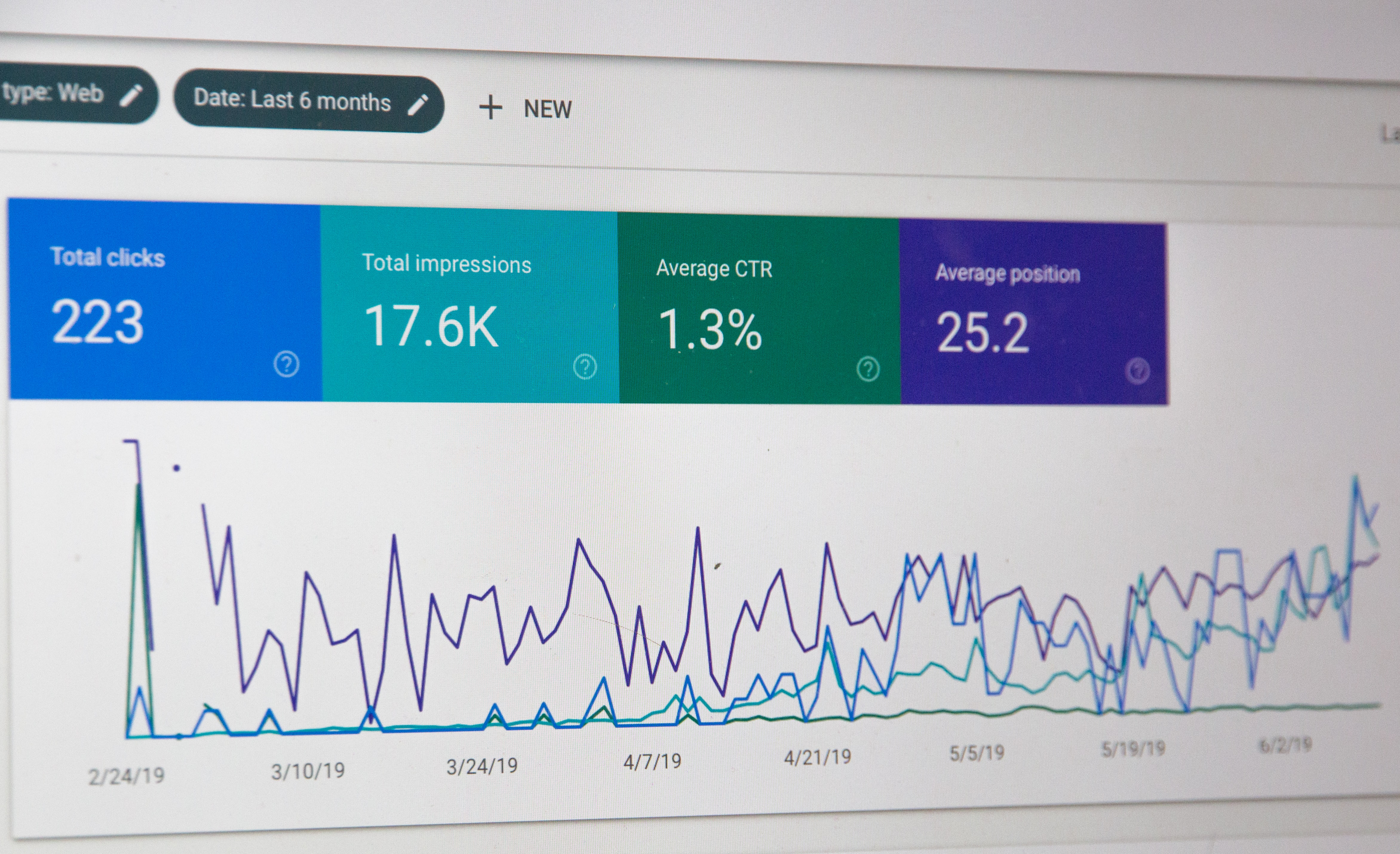
You can’t be successful with SEO without good levels of engagement. If people don’t find your website useful, then Google has no reason to rank you in the SERPs, so it’s vitally important you can get people to engage with your content.
Why Is Engagement Important for SEO?
The basic function of search engines means engagement is always going to be important for SEO. Search engines want to send people to the page that best answers their questions and one of the ways they can measure this is through engagement.
The search engines pay attention to key engagement metrics such as bounce rates and dwell time, but this isn’t the only reason engagement is important for your SEO. To achieve your goals through SEO, you need people to take action, and the only way this will happen is when people engage with your website.
8 Ways to Boost Engagement and Improve Your SEO
Engagement is all about giving your user the right experience, and this starts with understanding your audience. What do they need to see to encourage them to explore your website and take action?
Core Web Vitals
First off, your audience wants to see your website load quickly. SEO isn’t just about page load speeds these days though, and core web vitals give you a more complete picture of the initial interactions people have with your page.
Pages that don’t load quickly, or have text and buttons constantly moving across the page alienate people extremely quickly and cause them to bounce back to the search engines. This equals zero engagement, so core web vitals is one of the first things you need to look at.
Understand Searcher Intent
In our recent article, “What’s Going to Make the Difference for Your SEO in 2021,” user intent was the first thing we talked about. If you understand exactly what the user is looking for, then you’ve got a great opportunity to create content that’s going to encourage them to stick around.
This isn’t always as straightforward as it seems because people search in very different ways. However, in your Google Search Console and Google Analytics, you have lots of information about how people are finding your pages and how they interact with them.
This information can help you create the type of content your target audience is looking for, and this is the basis for creating engagement.
Create Value
Understanding what people want is one thing, but giving it to them is another. If you’re going to rank number one for a given keyword, then it follows that you should be aiming to create the most valuable content out there for that keyword.
If you write a mediocre blog about it, then the odd person might stick around and see if you have anything else of value to them, but the majority won’t.
Take this article - we could have written 300 words on “what is engagement” and said speak to us and take your engagement to the next level. This doesn’t offer value though. It doesn’t help you answer your questions and solve your problems, so it’s not going to be successful.
If you’re not answering people’s questions, solving their problems, or entertaining them, then you’re not offering value, and they have no reason to engage further with your site.
Optimize Headlines and Descriptions
Your search engine listing doesn’t give you much leverage to attract people’s clicks.
As you can see from the image below, all you have is a headline and a meta description to grab someone’s attention, so use every bit of “real estate” you have.

People don’t want to waste time finding a website, they want to get to the information as quickly as possible, so your titles and descriptions need to convince them this is the case. Using your analytics and Google Search Console, you can track CTR and time on page to gauge the effectiveness of your titles and optimize them accordingly.
Offer Different Ways of Consuming Content
Not everybody consumes content in the same way. Some people like reading in-depth articles, but others might prefer to watch a short video or look at an infographic.
If you focus entirely on one medium, then you could be losing out on a lot of people who are looking for other ways to consume information. By embracing different content formats, you can cater to a much wider audience and ensure you’re driving engagement with people no matter how they consume information.
It’s easy to get caught up with written content when you’re focusing on SEO, but you’ve got to keep engagement in mind. There’s a reason why YouTube has 2 billion monthly users - people love video, so make sure you’re using video to increase the amount of time people spend on your page.
Make Your Site Easy to Navigate
If you want to get people exploring your site and scrolling through the pages, then you’ve got to make it easy to navigate. The easier you make things for people, the more likely it is they will engage with what you’re offering.
A big part of this is ensuring you have a clean user experience, and using internal links to guide people through your site.
Your website is full of useful information that can benefit your visitors, so point it out to them and encourage them to click through the links and learn more.
Use Clear Calls to Action (CTAs)
You almost want to be like a tour guide for your own website.
Some people will naturally want to explore your site, but many people need a little encouragement, and this is where CTAs come in. When someone says “click to learn more,” people are almost programmed to follow the request, and this can have a big impact on your engagement.
An important aspect to remember with CTAs is context. If you present someone with a convincing reason to do something, they’re more likely to do it than if you ask them out of the blue. It’s the same with your content, if you’re using contextual CTA’s within the article, then people are more likely to click them.

Take charge of getting people to take action by using clear, relevant CTAs.
Analyze and Optimize
SEO isn’t just something you get perfectly right the first time around. There are always little tweaks you can make to improve what you’re doing and the key to optimization is hidden in your analytics.
You should know which pages perform well when it comes to engagement and which don’t and this can give you an insight into what works and what doesn’t. You should always be looking to optimize what you’re doing, so keep an eye on your analytics, and make changes when things aren’t working.
The good thing with engagement is there are clear signals you can use to judge how you’re performing, so keep analyzing and optimizing.
Conclusion
There are lots of little steps you can take to get people engaging more with your website and this will benefit your SEO.
At its heart, SEO is about giving the user what they want, and when you do this, they’re going to spend more time engaging with your content and looking through your site. This shows the search engines that what you’re offering is valuable, and demonstrates that you’re worthy of ranking high up in the SERPs.
Small changes to your content can have a big impact on your engagement levels and this can make all the difference to your SEO.




